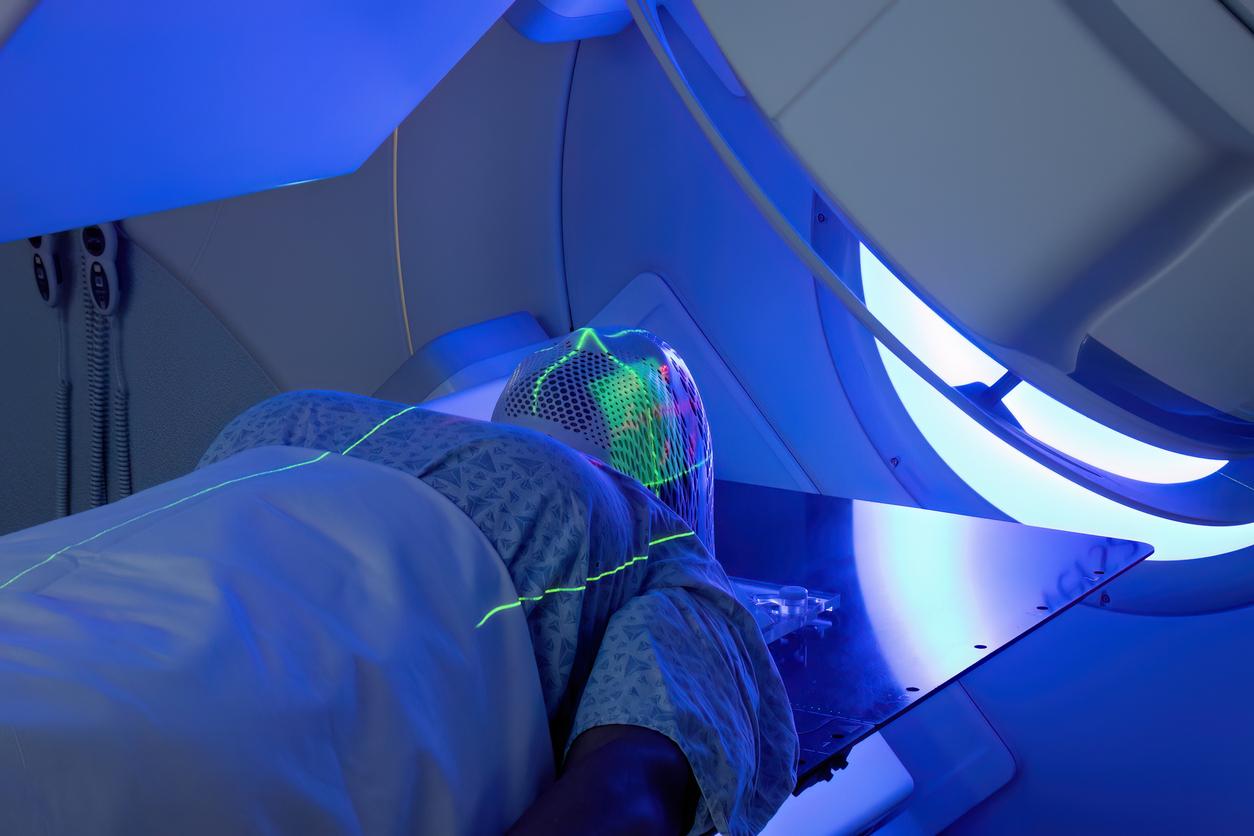Certain types of bacteria leading to periodontal disease were associated with an increased risk of esophageal cancer, according to the results of a study published in the medical journal Cancer Research. Esophageal cancer is the eighth most common cancer and the sixth leading cause of cancer death worldwide, Ahn said. Because the disease is often not discovered until it has reached an advanced stage, five-year survival rates vary by around 15-25% worldwide.
Previous research has shown that periodontal disease caused by certain oral microbiota has been linked to several types of cancer, including oral cancers and cancers of the head and neck. This new study examined whether the oral microbiota was associated with a risk of esophageal cancer.
Researchers at the American Cancer Society in the United States collected saliva samples from 122,000 participants and screened for the Prostate cancer, from lung, colorectal and the ovarian cancer. In 10 years of follow-up, 106 participants developed esophageal cancer.
Oral bacteria associated with the risk of cancer
The results of the study showed that, higher levels of the bacteria Tannerella forsythia were associated with a 21% increased risk of esophageal adenocarcinoma. Porphyromonas gingivalis bacteria are associated with a higher risk of squamous cell carcinoma of the esophagus. These two species are strongly involved in common periodontitis. In contrast, a few types of oral bacteria, such as the bacteria Neisseria, were associated with a lower risk of esophageal cancer.
“Our study indicates that learning more about the role of the oral microbiota can potentially lead to strategies to prevent esophageal cancer, or at least to identify it at earlier stages,” said Prof Ahn. “The next step is to see if these bacteria could be used as predictive biomarkers.”
These results confirm the conclusions of a study conducted by researchers at the State University of New York in Buffalo in the United States and published in the medical journal Cancer Epidemiology, Biomarkers and Prevention.
She revealed that in older women, the risk of cancer increases with periodontal disease. And more specifically the risk of esophageal cancer.
Read also:
Zinc for esophageal cancer
Chronic heartburn is a risk factor for esophageal cancer
Eating strawberries could prevent esophageal cancer


















